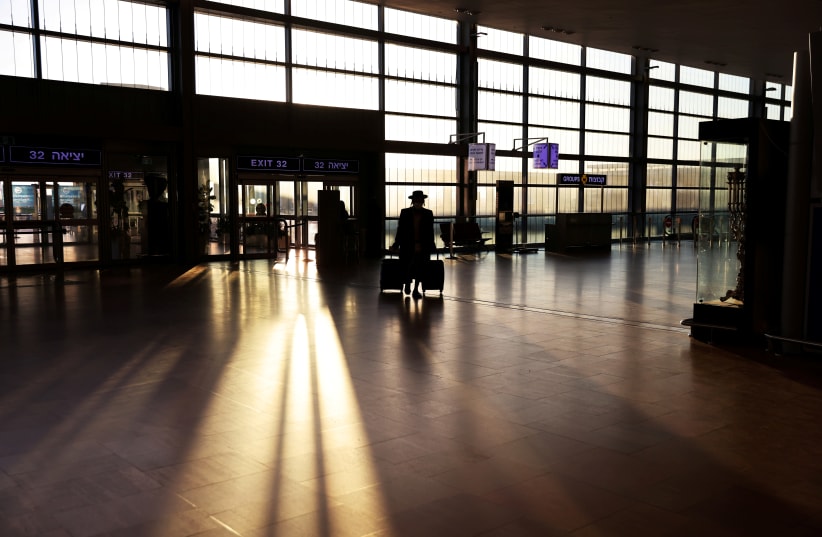The government has rolled out a series of new rules to help stop the spread of the Delta variant in Israel. Foreign citizens are not yet allowed to enter Israel without special permission. The new regulations go into effect on Friday, July 16.
• Take a COVID test before leaving for, and upon arrival in, Israel.
• Don’t travel to dangerous countries, meaning those with high infection rates.
• Anyone who returns from a country listed as risky must enter isolation.
• Anyone, coming from anywhere, whether vaccinated or not, must enter isolation for 24 hours or until they receive a negative COVID test result – whichever comes first.
• Children under 12 who are unvaccinated are required to isolate for a minimum of seven days and up to 14. To get out of isolation at seven days, one must take a test on arrival at the airport and again on day seven.
• Anyone who is not vaccinated or recovered is required to isolate for a minimum seven days.
Banned countries are: Uzbekistan, Belarus, Brazil, South Africa, India, Mexico and Russia.
High-risk countries that require isolation are: United Arab Emirates, Seychelles, Ecuador, Ethiopia, Bolivia, Guatemala, Honduras, Zimbabwe, Zambia, Namibia, Paraguay, Chile, Colombia, Costa Rica, Kyrgyzstan and Tunisia.
Before leaving Israel, it is worthwhile to check the COVID regulations in your country of destination.
It is also important to ensure that the country has not been added to Israel’s list of banned or high-risk countries so you are aware of how this will impact you on your return.Tourists who receive permission to enter Israel and were vaccinated abroad are also required to take a serological test.
